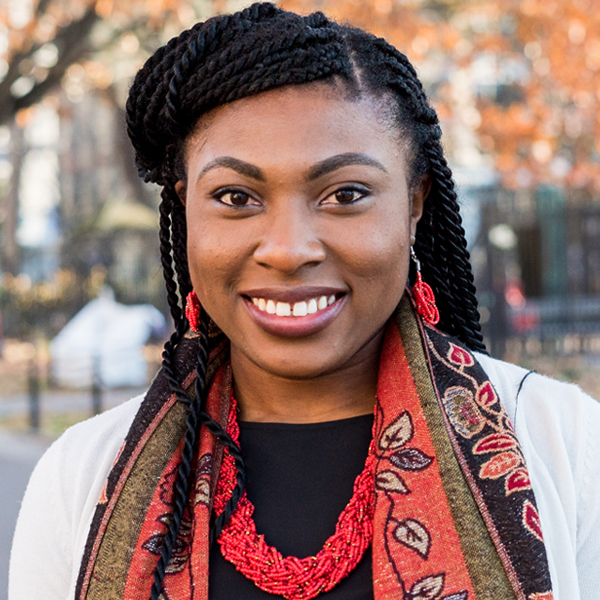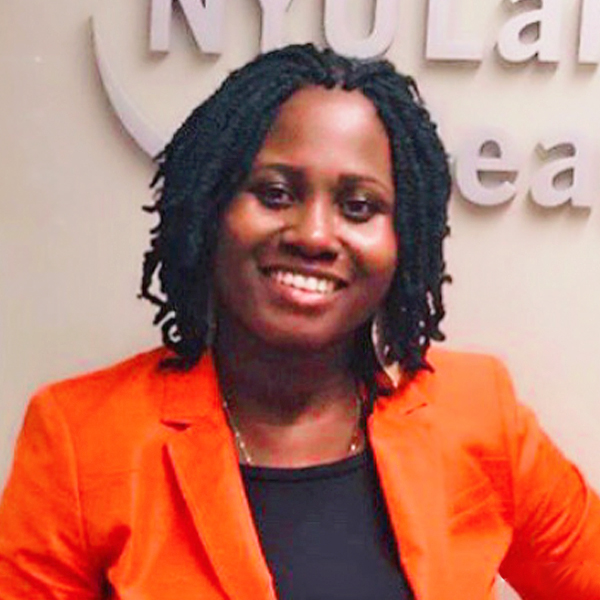
Albert Einstein once noted that “We cannot solve our problems with the same thinking we used when we created them.” Unfortunately, this holds true with COVID-19 vaccinations: we have not applied lessons from observing race/ethnic disparities for COVID-19 cases, hospitalizations, and deaths.
For instance, in NYC Whites have received almost half the first dose, despite comprising only a third of residents, with Latinx and Blacks receiving 2-3 times less than their expected share. We even observed vaccine hesitancy among NYU students surveyed in Fall 2020: although 80% reported they would get a SARS-CoV-2 vaccine if offered one, this vaccination acceptability was only reported among 53% of Latinx and 47% of Black students.
Structural racism is a major barrier to vaccine access among communities of color, shaping challenges from securing a vaccination appointment, to getting time away from work or childcare for vaccination, to accessing transportation to a vaccination site. Vaccine hesitancy is also in part shaped by medical mistrust due to historical and experienced medical mistreatment.
Strategies to improve acceptability will need to not just build confidence in the vaccine, but also in the administering providers and related processes and policies. Targeted, culturally informed strategies are needed for health communications to counteract vaccine mis/disinformation, build trust, and model vaccine-seeking behaviors among communities of color.
In ISEE Lab, we study factors influencing the uptake of evidence-based interventions. We have published on implementation outcomes for maternal health, stroke, and sickle cell disease interventions, as well as on how intersecting vulnerabilities will shape COVID-19 outcomes.
With lower rates of participation of minorities in clinical trials and of vaccination for other vaccine-preventable diseases, stakeholder engagement of communities of color in the development and delivery process, not just in times of crisis, will ensure vaccine acceptability, uptake, and scalability resulting in health equity and population-level impact.
Effectiveness of SARS-CoV-2 vaccines is established; yet equitable COVID-19 vaccination should be supported by robust implementation strategies that improve implementation outcomes of reach and acceptability, particularly among communities of color.

Nessa Ryan, PhD, MPH
Post-doctoral Fellow in Global Health

Temitope Ojo, MPH
Doctoral Candidate in Social and Behavioral Sciences

Joyce Gyamfi, EdD, MS
Post-doctoral Fellow in Global Health

Emmanuel Peprah, PhD
Director for Implementation Science for Global Health;
Assistant Professor for Global Health